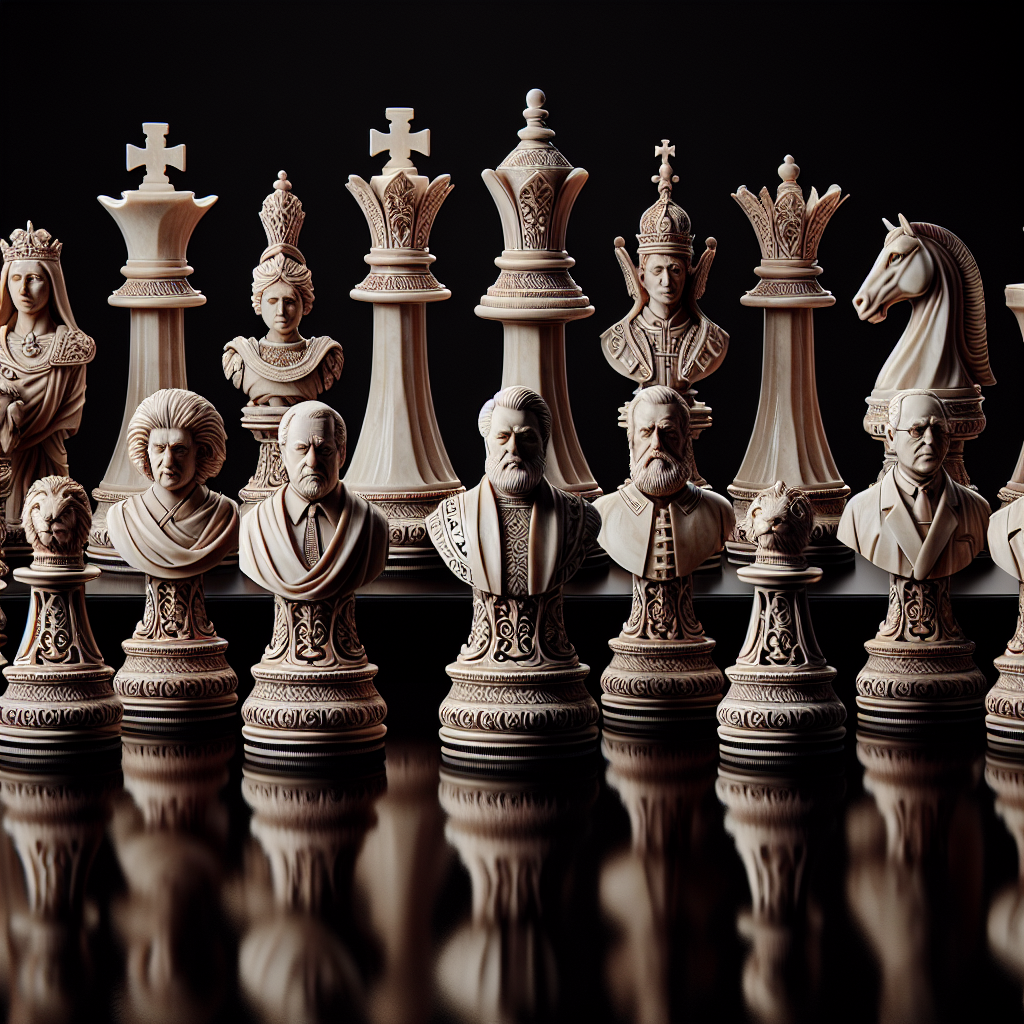Inside the world of diplomacy, there is a game constantly in play. Each country has its team, each head of state their playbook. As we find ourselves at an unprecedented period in history where international relations reach a critical juncture, we begin to see real-world parallels to dynamic sports matchups.
In our game overview, the two titan teams facing off are Democracy and Autocracy – ideologies clashing under the stadium lights illuminated by global media outlets.
We dive into key moments of recent years: Brexit’s curveball that left spectators reeling; U.S-China trade war’s intense penalty shootout with shock tactics from both sides; Russia’s cyber-meddling allegations equivalent to unsportsmanlike conduct resulting in yellow cards.

Player performance analysis paints intriguing portraits. Germany’s Angela Merkel showcases resilience akin to an endurance athlete while China’s Xi Jinping adopts a quarterback style leadership approach. The rookie president Joe Biden steps up for Team Democracy amidst challenging times demonstrating promising skill sets reminiscent of rising NBA stars.
The strategic decisions adopted by these players shape team dynamics tremendously. We delve into how Trump-era policies have impacted international relations and if Biden can change the course using his diplomatic playbook refined over years in Senate locker rooms.
To understand today’s showdowns better, historical context plays vital roles – similar to classic rivalries between historically competitive franchises like Boston Celtics vs Los Angeles Lakers or Real Madrid vs Barcelona influence their current encounters.
The season implications following crisis events such as COVID-19 or global warming negotiations have led to significant rule changes in our diplomatic sports game, altering how states interact and compete.
Fan reactions – the citizens of respective nations express mixed responses, ranging from passionate support to disillusioned frustration, akin to sports fan bases reacting to their team’s wins or losses.
The international media continues playing its part as the announcer of this game: highlighting player profiles, dissecting strategies and providing real-time updates on scorelines.

Looking ahead into future matches, we consider possible drafts (elections), potential injuries (conflicts), exciting matchups and enduring rivalries.
Data-driven insights reveal that this ongoing diplomatic match is far from over with transformative change being a critical component for ‘teams’ wishing to succeed on this all-important world stage.


